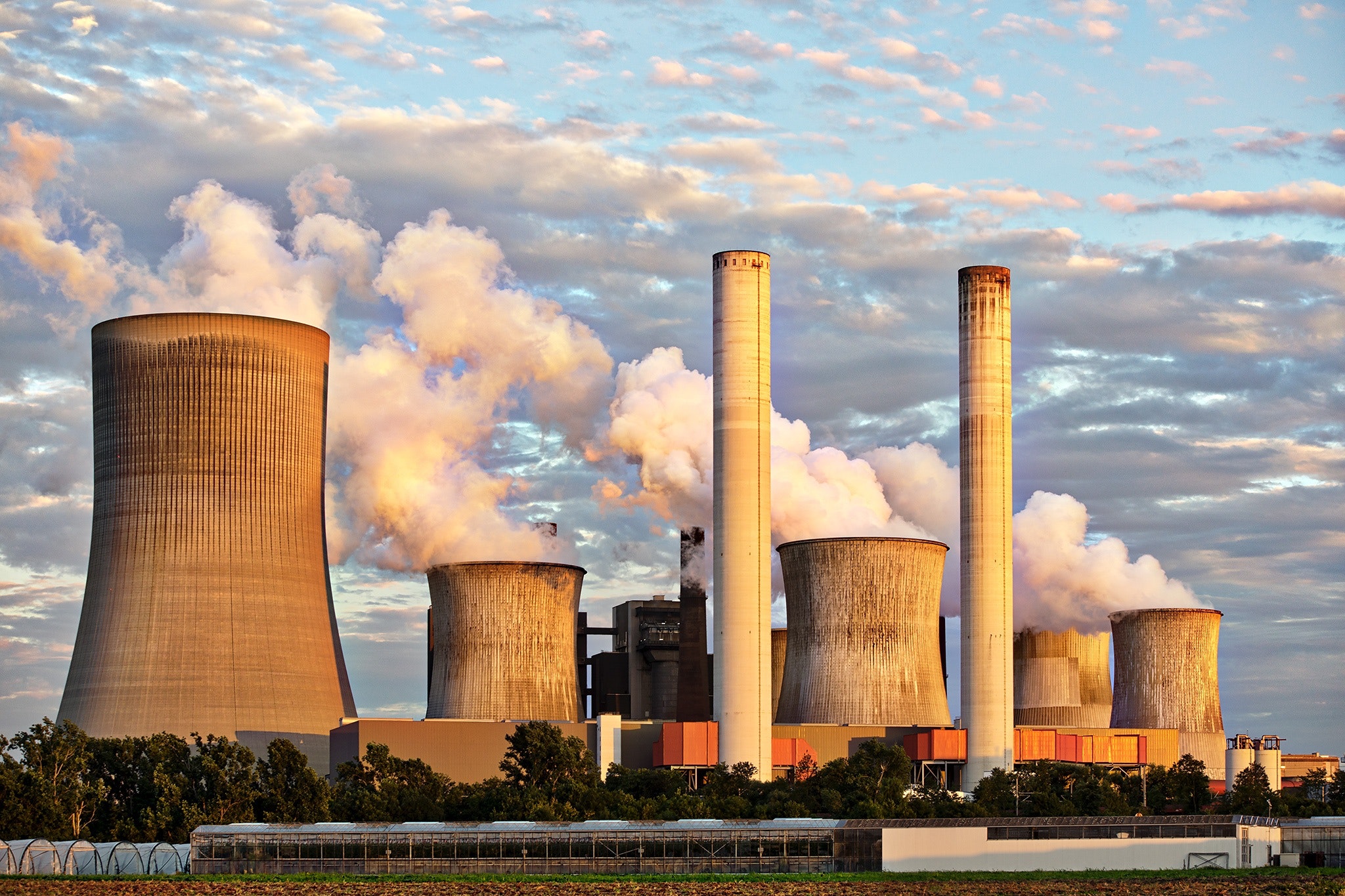Japan Targets Dramatic Cuts in Greenhouse Gas Emissions
Japan's government has approved ambitious targets aimed at reducing greenhouse gas emissions by 60% by 2035 and 73% by 2040. The comprehensive plan integrates energy, industrial, and environmental strategies to achieve economic growth through decarbonisation and renewables. Challenges include domestic energy market constraints and external political uncertainties.

On Tuesday, Japan's government set forth ambitious new targets to slash its greenhouse gas emissions through 2040, in tandem with a revised energy blueprint and an updated industrial policy.
These efforts are designed to provide stability for businesses by promoting decarbonisation, ensuring a steady energy supply, and boosting industrial capacity for economic growth. By 2040, Japan aims to cut emissions by 73% from 2013 levels, extending its 2030 goal of a 46% reduction.
The climate policy's ambitious targets were met with calls for even greater reductions, despite significant public support for more ambitious measures. Japan's environment and industry ministries, however, finalized the current target. Part of a wider global attempt to combat climate change, Japan is set to submit its Nationally Determined Contribution (NDC) under the Paris Agreement to the UN this month.
The revised energy plan projects that renewables will constitute up to 50% of Japan's electricity mix by fiscal year 2040, complemented by nuclear power contributing another 20%. After the nuclear challenges post-2011 Fukushima, Japan plans to develop next-gen reactors.
Despite these efforts, Japan's domestic offshore wind market is facing inflation-related challenges. Additionally, geopolitical developments, notably the U.S.'s withdrawal from the Paris Agreement, have further complicated global expansion efforts for renewable energies.
(With inputs from agencies.)










